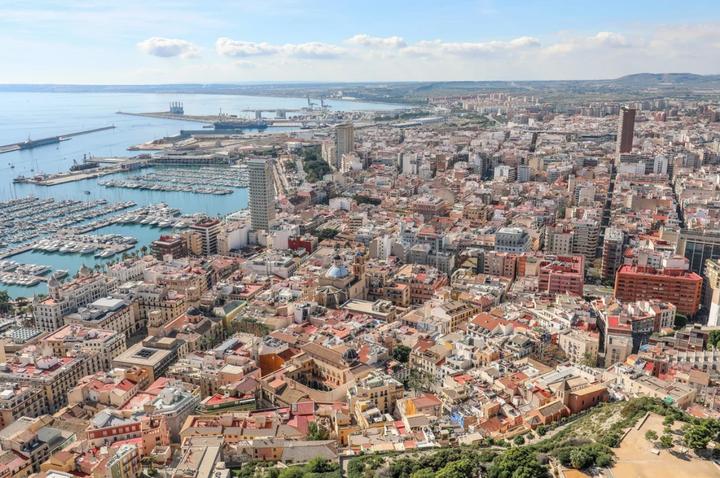Spain, the Florida of Europe? In terms of the level of foreign homebuyers, our country will not be far behind the well-known American Sunshine State. Due to the significant volume of international buyers in the national real estate market, the Association of Developers and Builders of Spain (APCE), in collaboration with PwC, has presented a report on the economic impact of residential tourism in Spain during the year 2022. The report analyses the influence of foreigners in the purchase of homes, pointing out their contribution to Gross Domestic Product (GDP), employment and tax revenue in the country.
Impact of residential tourism on the Spanish economy
This report highlights the growing influence of foreign buyers since 2015, highlighting that a significant share of real estate transactions in Spain corresponds to this group. In terms of economic contribution, the purchase of homes by foreigners contributed €6,351 million to GDP in 2022, of which €1,758 million corresponds to the impact generated by foreign investment in new construction.
This figure is particularly significant when compared with the economic impact of other sectors: residential tourism exceeds the textile industry, which contributed 1,920 million euros, and the wood and cork industry, with 2,515 million euros. In addition, it should be noted that each euro invested by residential tourism generates an impact of 2.34 euros on the country's total GDP.
Gas to the labour market
On the employment front, the report reveals that the acquisition of housing by foreigners generated 105,606 full-time jobs in 2022. This labour dynamism is substantial, as each direct job related to the residential tourism sector implies the creation of two additional jobs in the country. These figures highlight the importance of the sector compared to other industries, such as furniture manufacturing and beverage manufacturing, which generated 54,056 and 55,039 jobs, respectively.

From a fiscal perspective, residential tourism contributed 3,249 million euros to tax revenue in 2022. Juan Antonio Gómez-Pintado, president of APCEspaña, highlights the importance of foreign investment in the real estate sector and its significant multiplier effect on the local economy, as well as its contribution to the deseasonalisation of employment in areas with the highest residential tourism activity.
2022: the year of foreign buyers
In 2022, the sector reached a record high with 88,858 real estate transactions by foreigners, representing approximately 13% of total construction. Within this volume, 15.5% corresponded to new-build homes, while the rest was oriented towards second-hand housing. The main buyers came from the United Kingdom, Germany, France and Belgium, concentrating their purchases mainly on the Mediterranean coast, as well as in the Balearic and Canary Islands.
The report not only provides a comprehensive overview of residential tourism and its impact on GDP, employment and tax revenues, but also underlines the strategic importance of this sector in the Spanish economy. Comparisons with established economic sectors, such as the textile industry and the wood and cork industry, highlight the significant and growing impact of residential tourism. This reinforces the perception of Spain as a "golden" destination for international investors. In fact, by 2023, the economic impact of residential tourism is projected to increase, driven mainly by increased spending by international tourists.





